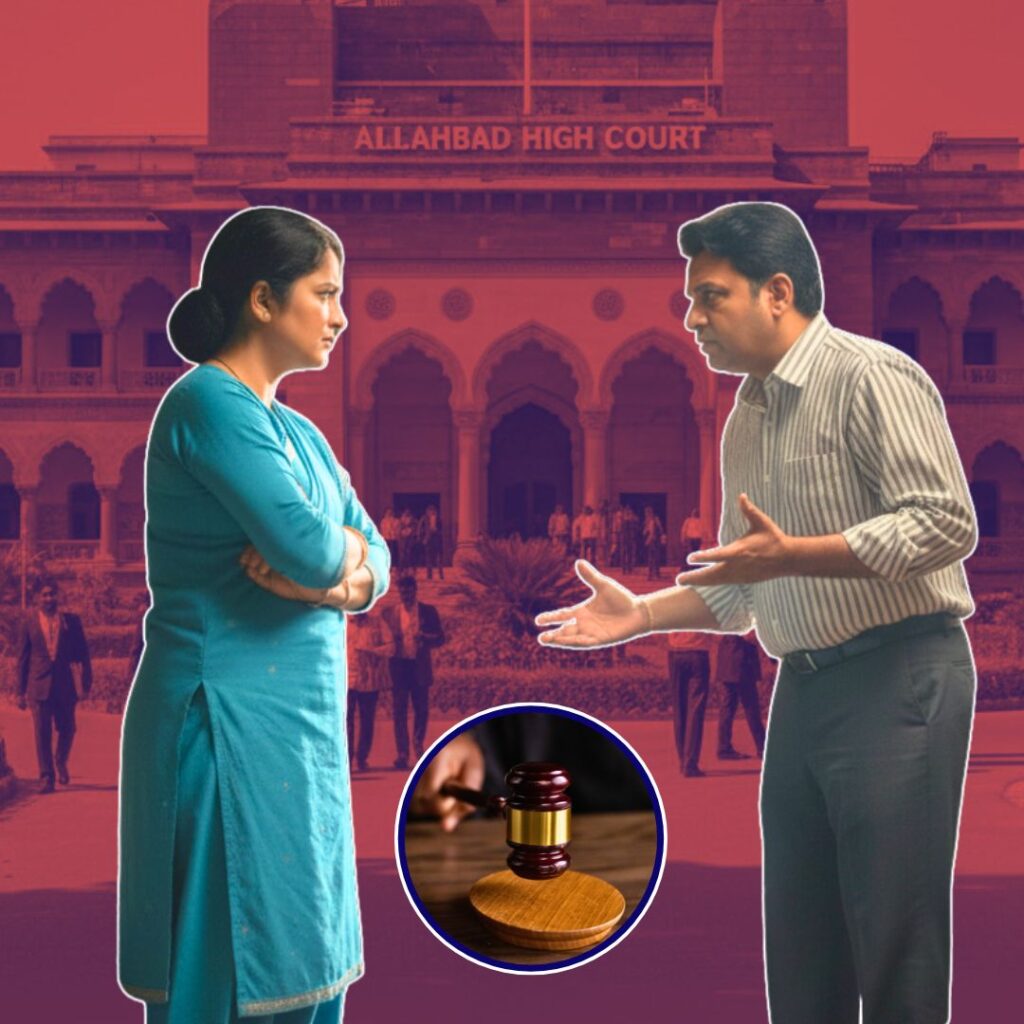Amid the news reports of violence against healthcare workers fighting the COVID-19 pandemic, the Epidemic Diseases (Amendment) Ordinance, 2020 was promulgated on April 22, 2020. The Ordinance amends the Epidemic Diseases Act, 1897.
The Act provides for the prevention of the spread of dangerous epidemic diseases. The Ordinance amends the Act to include protections for healthcare personnel combating epidemic diseases and expands the powers of the central government to prevent the spread of such diseases.
Who is considered a healthcare service personnel under the Ordinance?
The Ordinance defines healthcare service personnel as a person who is at risk of contracting the epidemic disease while carrying out duties related to the epidemic such as caring for patients. They include: (i) public and clinical healthcare providers such as doctors and nurses, (ii) any person empowered under the Act to take measures to prevent the outbreak of the disease, and (iii) other persons designated as such by the respective state government.
What is considered an ‘act of violence’ under the Ordinance?
An ‘act of violence’ includes any of the following acts committed against a healthcare service personnel: (i) harassment impacting living or working conditions, (ii) harm, injury, hurt, or danger to life, (iii) obstruction in discharge of his duties, and (iv) loss or damage to the property or documents of the healthcare service personnel. Property is defined to include a: (i) clinical establishment, (ii) quarantine facility, (iii) mobile medical unit, and (iv) other property in which a healthcare service personnel has direct interest, in relation to the epidemic.
What are the offences and penalties outlined under the Ordinance?
The Ordinance specifies that no person can: (i) participate in or commit an act of violence against a healthcare service personnel, or (ii) participate in or cause damage or loss to any property during an epidemic. A person committing these two offences is punishable with imprisonment between three months and five years, and a fine between Rs 50,000 and two lakh rupees. However, for such offences, charges may by dropped by the victim with the permission of the Court.
If an act of violence against a healthcare service personnel causes grievous harm, the person committing the offence will be punishable with imprisonment between six months and seven years, and a fine between one lakh rupees and five lakh rupees. All offences under the Ordinance are cognizable (i.e., a police officer can arrest without a warrant) and non-bailable.
Do healthcare service personnel that face violence get compensation?
Persons convicted of offences under the Ordinance will be liable to pay a compensation to the healthcare service personnel whom they have hurt. Such compensation will be determined by the Court. In the case of damage or loss of property, the compensation payable to the victim will be twice the amount of the fair market value of the damaged or lost property, as determined by the Court.
What protections did healthcare service personnel have prior to the promulgation of this Ordinance?
Currently, the Indian Penal Code, 1860 provides for penalties for any harm caused to an individual or any damage caused to property. The Code also prescribes penalties for causing grievous hurt i.e., permanent damage to another individual.
The Ministry of Health and Family Welfare had released a draft Bill to address incidences of violence against healthcare professionals and damage to the property of clinical establishments in September 2019. The draft Bill prohibits any acts of violence committed against healthcare service personnel including doctors, nurses, para medical workers, medical students, and ambulance drivers, among others. It also prohibits any damage caused to hospitals, clinics, and ambulances.
Table 1 compares the offences and penalties under the Ordinance, the draft Bill, and Indian Penal Code, 1860.
Sources: Epidemic Diseases (Amendment) Ordinance, 2020, Healthcare Service Personnel and Clinical Establishments (Prohibition of violence and damage to property) Bill, 2019, and Indian Penal Code, 1860; PRS.
Are there provisions for the safety of healthcare service personnel at the state level?
Several states have passed legislation to protect healthcare service personnel. These states include: Andhra Pradesh, Arunachal Pradesh, Assam, Bihar, Chhattisgarh, Delhi, Gujarat, Haryana, Karnataka, Kerala, Maharashtra, Manipur, Odisha, Punjab, Rajasthan, Tamil Nadu, Tripura, Uttarakhand and West Bengal.
Most state Acts define healthcare service personnel to include registered doctors, nurses, medical and nursing students, and paramedical staff. Further, they define violence as activities causing harm, injury, endangering life, intimidation, obstruction to the ability of a healthcare service person to discharge their duty, and loss or damage to property in a healthcare service institution.
All state Acts prohibit: (i) any act of violence against…









